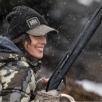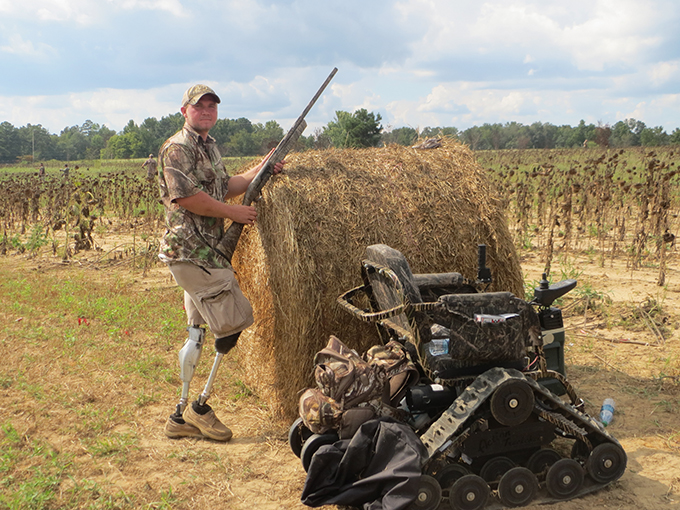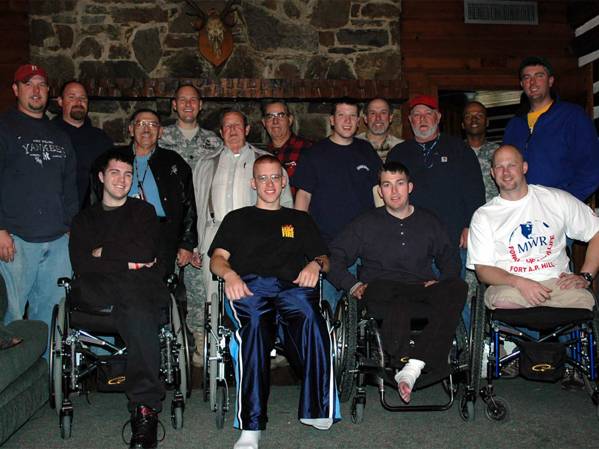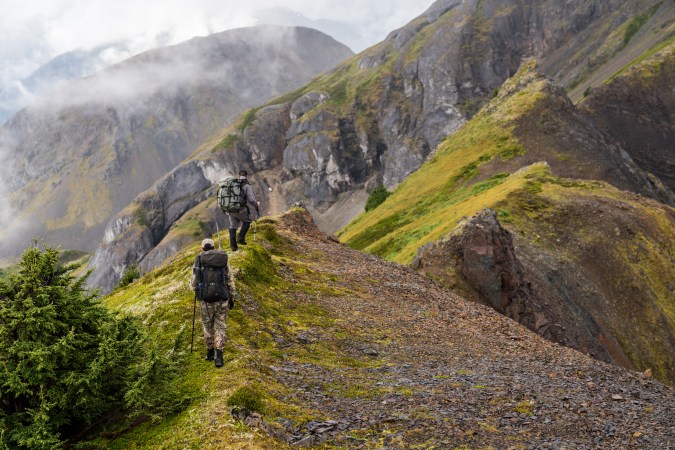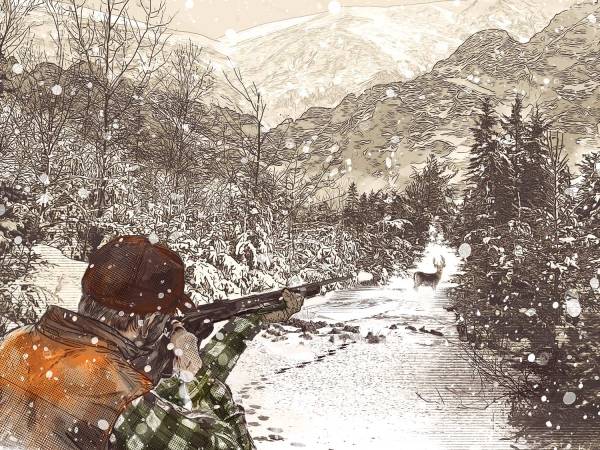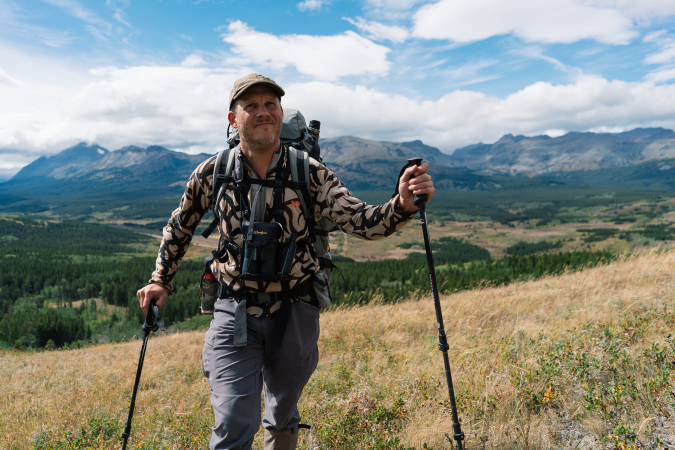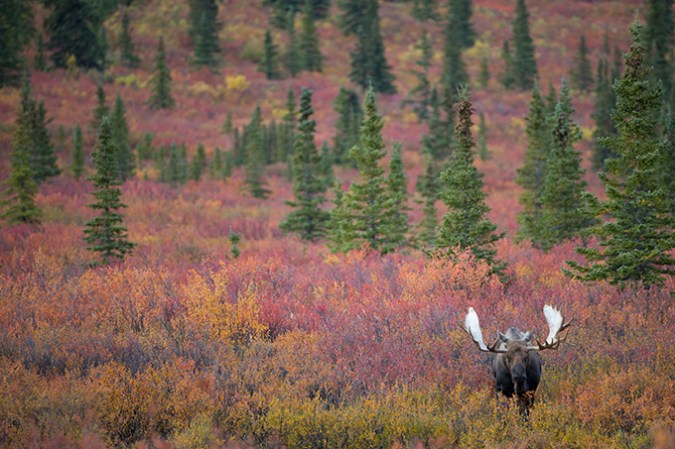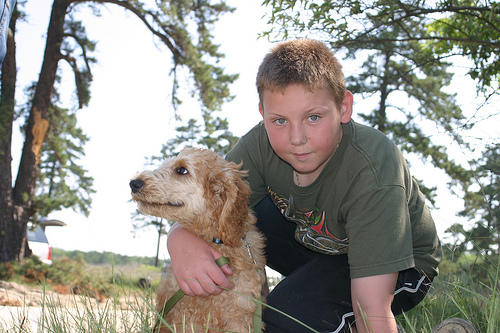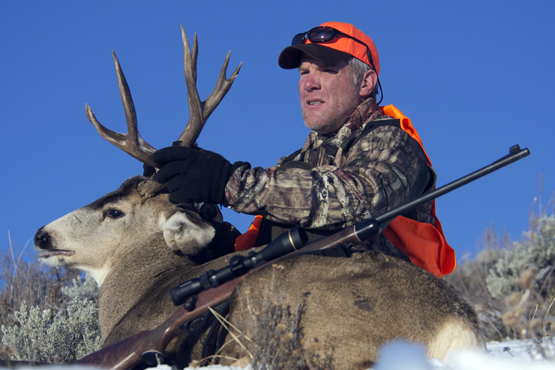When Marines Tony Mullis and Michael Boucher lost their legs in Afghanistan, they turned to hunting and fishing to help them recover. Then the Georgia sportsmen created Amputee Outdoors to share their rehab recipe with other veterans.
Outdoor Life: Lots of outdoor programs cater to injured vets. What sets you apart?
Tony Mullis: I’m only starting to hear about the hundreds of programs out there, so I can’t say what we do is completely unique. But from my experiences attending sponsored hunts while recovering, the difference is we do normal hunting. We don’t hunt from a truck bed or behind high fences.
OL: Why is that important?
TM: When these guys go home to their families and their normal life—when they don’t have hospital-sponsored hunting trips anymore—they need to be able to hunt or fish by themselves and feel like they did before. Our goal is to help them realize that.
OL: What’s your own experience?
TM: While on hospital leave for Christmas, I asked my father-in-law if I could hunt in his woods. I sat on the ground for a bit but didn’t really enjoy it. When I went back to the house, I found a ladder stand on the ground. I set it up in a tree, and after some work, I realized I could climb it. The next day I went back in the woods, climbed up again, and sat there by myself. It opened another door to my independence.
OL: Anything you still have trouble with?
TM: It’s tough for us to stalk an animal. And climbing stands are a real challenge. I can climb up but not down. I got stuck in a tree once and my buddy had to come help me down. But that’s about it.
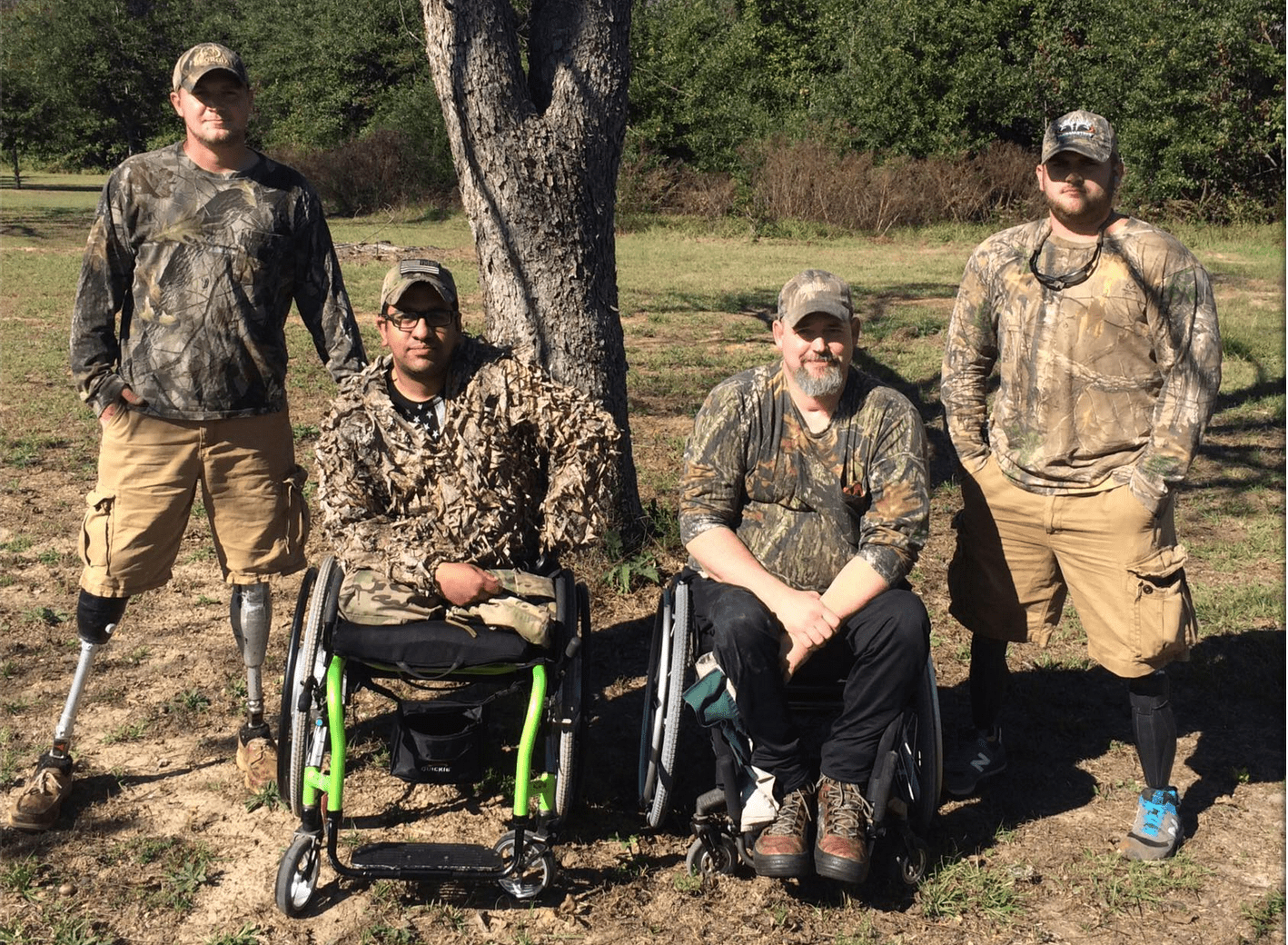
OL: Last year was your first year taking other vets on hunts. What was that like?
TM: We focused on deer. We see which guns work best, try some target practice, and let them adjust to it—especially if they haven’t fired a gun since they were injured. The first trip was with a guy who lost all but his thumb and index finger on one hand. We problem-solved to help him shoot by himself.
OL: How do you accommodate each individual veteran on a hunt?
TM: We help these veterans make their own adaptations. We want to show them they’re capable of hunting and fishing, not tell them how to do it. Hunting and fishing present both challenges and opportunities. When we get other veterans in the woods, we feel comfortable talking to them, and they open up to us. When we pick them up at the airport, there’s not really a smile on their faces. But when we’re all sitting around laughing, talking, and joking like we would in the military, you can see the change. It’s a buddy trip, and it makes us forget what’s wrong, whether it’s amputations or PTSD. It’s a safe zone, and we start to try things, like climbing a deer stand for the first time since an injury.
Homes for Our Troops spends more than 90 cents of every dollar to build homes for wounded vets like Mullis and Boucher, and helped support the launch of Amputee Outdoors. You can check out their Facebook page here.
